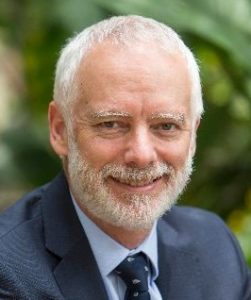The newly-formed FAAA has welcomed the consultation period on the proposed experience pathway legislation, seeing the announcement as giving much-needed clarity to advisers who have been counting on the change to support their goals to continue advising clients beyond 2026.
CEO of the FAAA Sarah Abood says the association believes that relevant experience is an important element to maintaining the required standard for professional, quality financial advice that will provide the best outcome for Australians (see: Experienced Pathway – -Consultation Opens).

“That said, we continue to feel strongly that there should be a time limit on the pathway such that a relatively young adviser does not continue to practice indefinitely without relevant qualifications.”
Meanwhile, the AFA’s CEO Phil Anderson also says the AFA welcomes the release of the draft legislation “…and the fact that it will hopefully, when passed, deliver certainty for financial advisers.”
He notes the AFA remains supportive of the requirement for advisers who qualify for the experienced adviser pathway to pass the ethics unit and for this measure to be subject to a 10-year sunset clause.

“Whilst we strongly support this measure for experienced older advisers, we are uncomfortable that it might allow a relatively young adviser to continue to operate for 30 or 40 years without doing any further education.”
The AFA also notes that advisers and their licensee would need to make a declaration that they meet the new requirements, which would need to be lodged with ASIC and reflected on the Financial Adviser Register.
Anderson adds that the release of the draft legislation, “…and the clear reference to this being an election commitment gives us confidence that this will be resolved in the short term. We also acknowledge the Minister for taking on board feedback from the advice profession on other education related legislative fixes that were required.”
Consulting with Members
Abood says that the FAAA has had a lot of engagement from members on the experience pathway proposal and it will be consulting with members intensively again on the detailed proposals, to finalise its submission.
She also notes the FAAA is pleased to see the proposals to increase the flexibility around approving relevant qualifications for new entrants.
“We have raised many instances where small course changes (in some cases as little as a unit name or number change) have led to qualifications being disallowed which do not fit the exact language of the relevant determination. This is extremely disheartening for students who have successfully completed these courses, and we are hopeful that more sensible flexibility will now be available,” she says.




